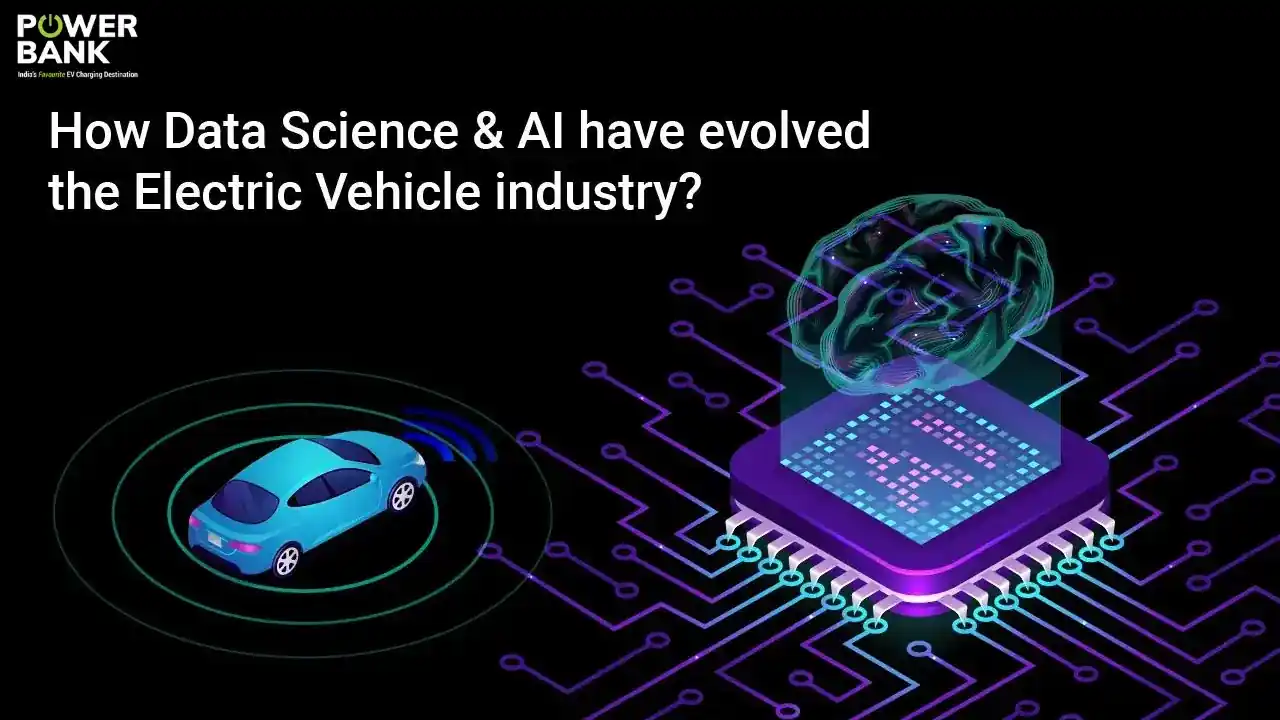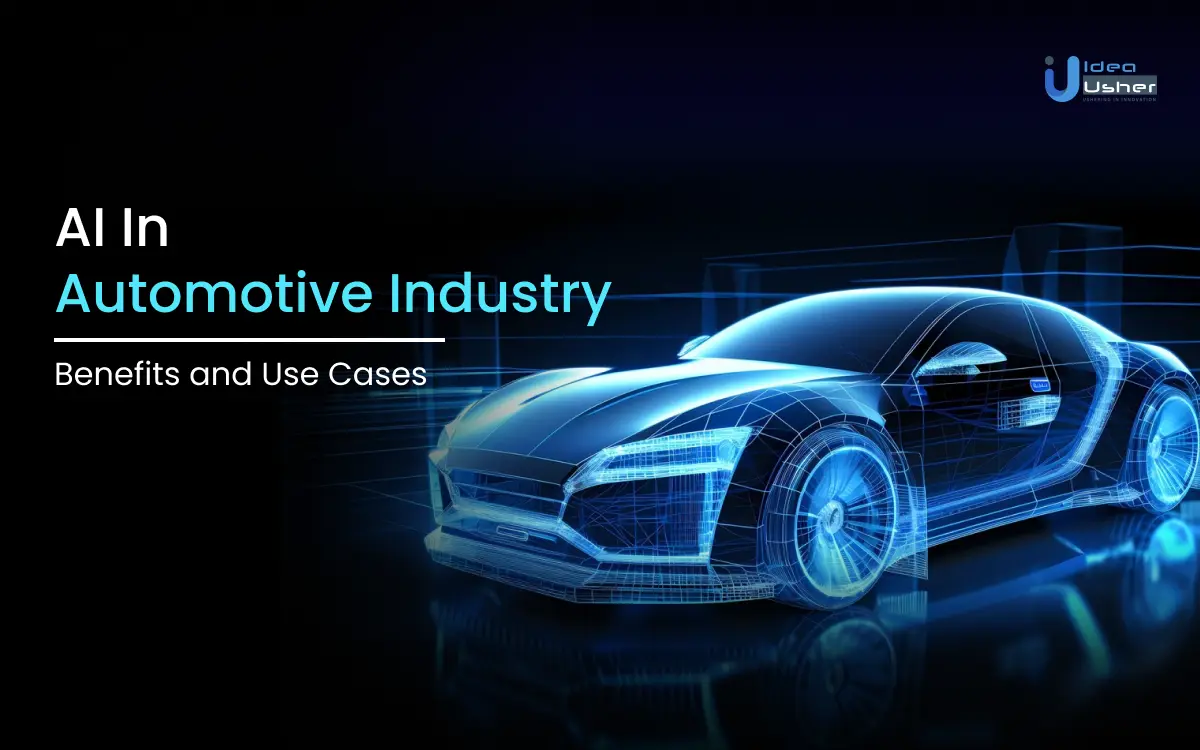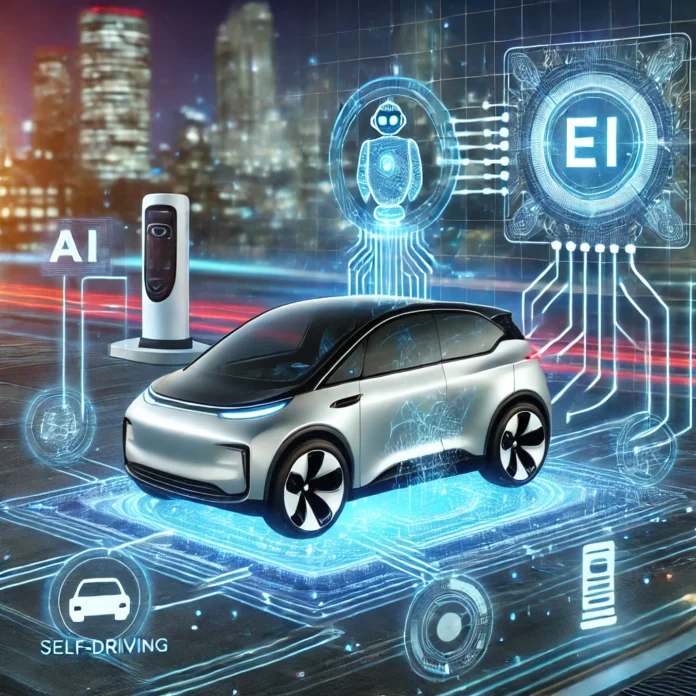The Role of AI and Automation in Electric Vehicles
Introduction
Electric vehicles (EVs) are revolutionizing the automotive industry, offering a cleaner, more sustainable alternative to traditional gasoline-powered cars. However, the rise of EVs isn’t just about replacing fossil fuels—it’s also about integrating cutting-edge technologies to enhance performance, efficiency, and safety.
Artificial intelligence (AI) and automation are playing a crucial role in this transformation, from self-driving capabilities to smart battery management. As AI-powered systems become more advanced, EVs are evolving into highly intelligent, autonomous machines.
In this article, we explore how AI and automation are shaping the future of electric vehicles, their key applications, and the challenges ahead.
1. AI in Autonomous Driving
One of the most exciting developments in the EV industry is autonomous driving, powered by AI. Companies like Tesla, Waymo, and traditional automakers are investing heavily in self-driving technology, using AI-driven algorithms to navigate roads, avoid obstacles, and improve safety.
Key AI Technologies in Autonomous Driving:
- Computer Vision: AI-powered cameras and sensors analyze road conditions, detect pedestrians, and recognize traffic signs.
- Machine Learning Algorithms: These algorithms help vehicles learn from real-world driving data to make better decisions.
- Lidar and Radar Systems: These sensors create 3D maps of the vehicle’s surroundings, improving accuracy in navigation.
- Neural Networks: Deep learning models process vast amounts of data in real-time to enhance driving performance.
The Future of Autonomous EVs
- Level 5 Autonomy: Fully self-driving cars without human intervention are still in development, but AI improvements are bringing them closer to reality.
- AI-Driven Safety Measures: Advanced driver-assistance systems (ADAS) are reducing accidents by automatically applying brakes, maintaining lane control, and detecting drowsy drivers.
While fully autonomous EVs aren’t widespread yet, AI continues to make driving safer, smarter, and more efficient.
2. AI–Powered Battery Management
The efficiency and lifespan of EV batteries are critical factors in the success of electric vehicles. AI is helping optimize battery performance by:
How AI Enhances Battery Technology:
- Predictive Maintenance: AI algorithms analyze battery health and predict potential failures before they happen.
- Smart Charging Systems: AI optimizes charging times based on electricity demand and pricing, reducing energy costs.
- Battery Temperature Control: AI monitors and adjusts battery temperature to prevent overheating and extend lifespan.
- Fast Charging Optimization: AI helps improve fast-charging technology by balancing power distribution and avoiding battery degradation.
The Future of AI in Battery Technology
- Next-Generation Solid-State Batteries: AI is accelerating research in developing more efficient, longer-lasting solid-state batteries.
- AI-Integrated Smart Grids: Vehicles will communicate with power grids to optimize charging times based on renewable energy availability.
With AI’s help, EV batteries are becoming more efficient, sustainable, and cost-effective, making EV adoption more practical for consumers.
3. AI in Predictive Maintenance and Vehicle Diagnostics
AI-driven predictive maintenance is changing the way EVs are serviced. Instead of waiting for a vehicle to break down, AI can predict and prevent issues before they occur.
Benefits of AI-Powered Maintenance:
- Real-Time Monitoring: AI continuously analyzes vehicle components, detecting signs of wear and tear.
- Early Fault Detection: Sensors alert drivers to potential mechanical or electrical failures, reducing repair costs.
- Automated Software Updates: Over-the-air (OTA) AI updates improve vehicle performance without requiring a trip to the service center.
- Data-Driven Repairs: AI helps mechanics diagnose and fix issues faster by analyzing historical data from similar vehicles.
As EVs become more software-driven, AI-based predictive maintenance will help improve reliability and reduce long-term ownership costs.
4. AI and Automation in Manufacturing EVs
AI is not only transforming how EVs function but also how they are built. Automation is streamlining production lines, making manufacturing more efficient and cost-effective.
How AI and Automation Are Revolutionizing EV Production:
- Robotic Assembly Lines: AI-powered robots handle complex assembly tasks with precision, reducing errors.
- Quality Control with Machine Vision: AI detects defects in parts and components before they reach the final product.
- Supply Chain Optimization: AI predicts material shortages and optimizes logistics to prevent delays.
- Customization and Personalization: AI-driven production allows for more flexible designs, letting customers customize EV features.
With AI, EV manufacturers can scale production while maintaining high quality and reducing waste, making electric cars more affordable.

5. AI–Enhanced Smart Charging Infrastructure
A key challenge for widespread EV adoption is charging infrastructure. AI is improving charging networks by optimizing energy distribution and reducing charging time.
AI’s Role in Smart Charging:
- Dynamic Pricing for Charging Stations: AI adjusts charging costs based on demand, encouraging off-peak charging.
- Vehicle-to-Grid (V2G) Technology: AI enables EVs to return excess energy to the grid, stabilizing electricity supply.
- Smart Route Planning: AI helps drivers locate the nearest and fastest available charging stations.
- Wireless Charging Advancements: AI is improving wireless charging technology, allowing EVs to charge while parked or even while driving.
AI-driven smart grids and charging stations will make EVs more convenient, reducing range anxiety and improving efficiency.
6. Challenges of AI and Automation in EVs
Despite its benefits, AI in EVs faces several challenges:
1. Data Privacy & Security Risks
- AI-driven EVs collect vast amounts of personal data, raising concerns about privacy.
- Cybersecurity threats could compromise AI-driven vehicle systems, leading to safety risks.
2. Regulatory and Legal Issues
- Governments are still developing policies to regulate autonomous EVs.
- Liability in self-driving car accidents remains a legal gray area.
3. Ethical Concerns in AI Decision-Making
- AI must make split-second decisions in emergencies—who is responsible for these decisions?
- Bias in AI training data could lead to unfair or unsafe driving behaviors.
4. High Development Costs
- AI research and automation technology are expensive, making EVs costlier.
- Scaling production while maintaining affordability remains a challenge.
Overcoming these hurdles will be essential for AI to reach its full potential in the EV industry.

Conclusion
AI and automation are transforming electric vehicles in ways we never imagined. From autonomous driving and smart battery management to predictive maintenance and automated manufacturing, AI is making EVs smarter, safer, and more efficient.
As technology advances, we can expect further breakthroughs, including fully self-driving cars, faster-charging batteries, and AI-driven energy optimization. However, challenges like cybersecurity, regulatory policies, and ethical dilemmas must be addressed to ensure a smooth transition into the future.
The combination of AI, automation, and electric mobility is not just changing the auto industry—it’s revolutionizing the way we think about transportation.



